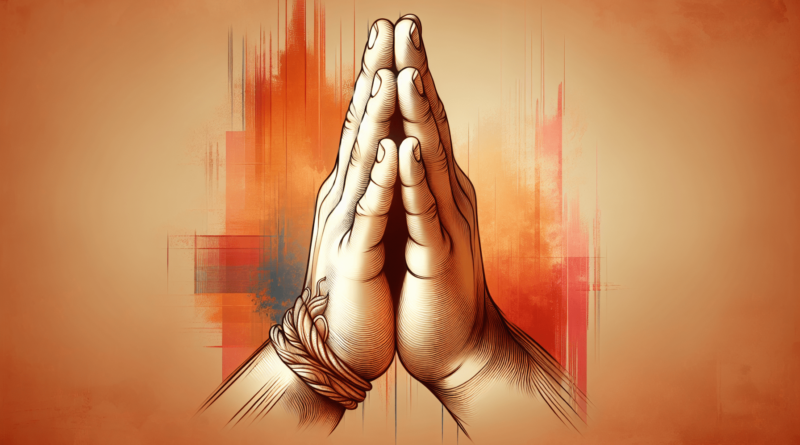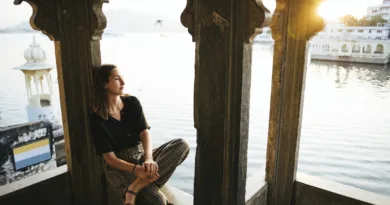Cultural Etiquette: Dos And Don’ts For Travelers In India
Cultural Etiquette: Dos And Don’ts For Travelers In India
If you are planning to visit India, it’s essential to be aware of the cultural norms and etiquette to ensure a smooth and respectful experience. In India, etiquette plays a vital role in daily interactions, and understanding the dos and don’ts can help you navigate the cultural landscape with ease.
General Etiquette
Respect for Elders
Respecting elders is highly valued in Indian culture. Always greet elders first, show reverence, and use appropriate titles like “ji” to address them.
Greetings
Greetings are an essential part of Indian culture. A common greeting is “Namaste,” with palms pressed together. Handshakes are also common but avoid physical contact with people of the opposite gender.
Body Language
Maintain eye contact when speaking, as it shows attentiveness. Avoid pointing with your fingers, as it can be considered rude.
Personal Space
Indians value personal space, so be mindful of physical proximity when interacting with others. Give space and avoid standing too close.
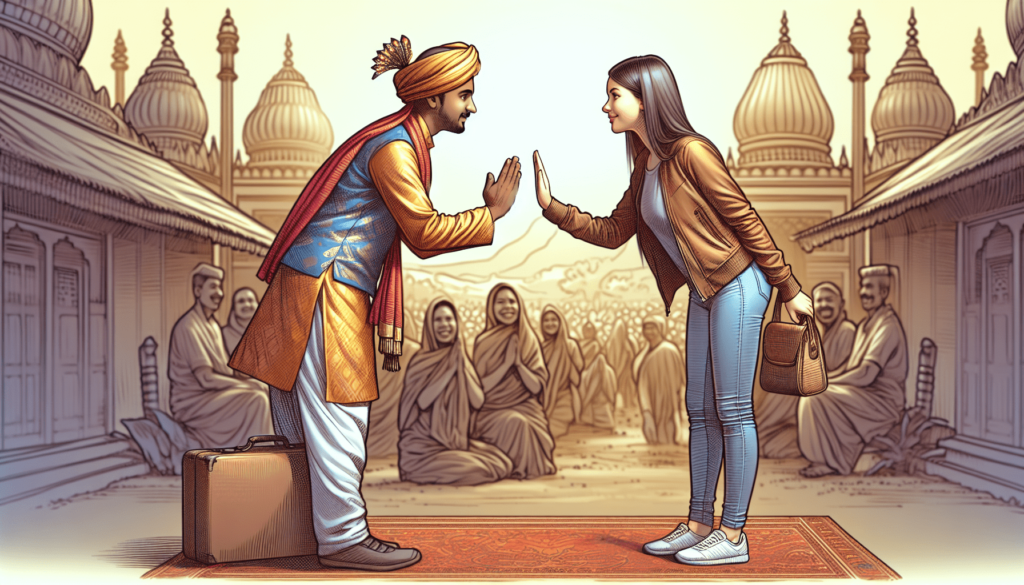
Clothing
When traveling to India, respecting cultural norms regarding clothing is crucial. Ensure your attire is modest, covering your shoulders and knees, especially in conservative areas. Removing shoes before entering homes or places of worship is customary as a sign of respect. Follow specific dress code requirements at religious sites, which may include covering your head or wearing specific colors. By dressing appropriately, you not only honor the local culture but also leave a positive impression on the people you meet during your travels in India.
Dining Etiquette
When traveling to India, it’s important to be mindful of the cultural norms surrounding dining etiquette. By following these dos and don’ts, you can show respect for the local customs and enjoy a more authentic experience.
Washing Hands
Before and after meals, it is customary to wash your hands thoroughly. This shows cleanliness and respect for the food you are about to eat.
Eating with Right Hand
In India, it is traditional to eat with your right hand, as the left hand is considered unclean. Remember to use only your right hand for handling food.
Using Utensils
While some regions in India may use utensils, many places still opt for eating with hands. If you do use utensils, remember to only use your right hand.
Sharing Food
Sharing food is an important aspect of Indian culture. If dining with others, always offer to share your food as a sign of hospitality and generosity. Remember to try a bit of everything that is offered to you.
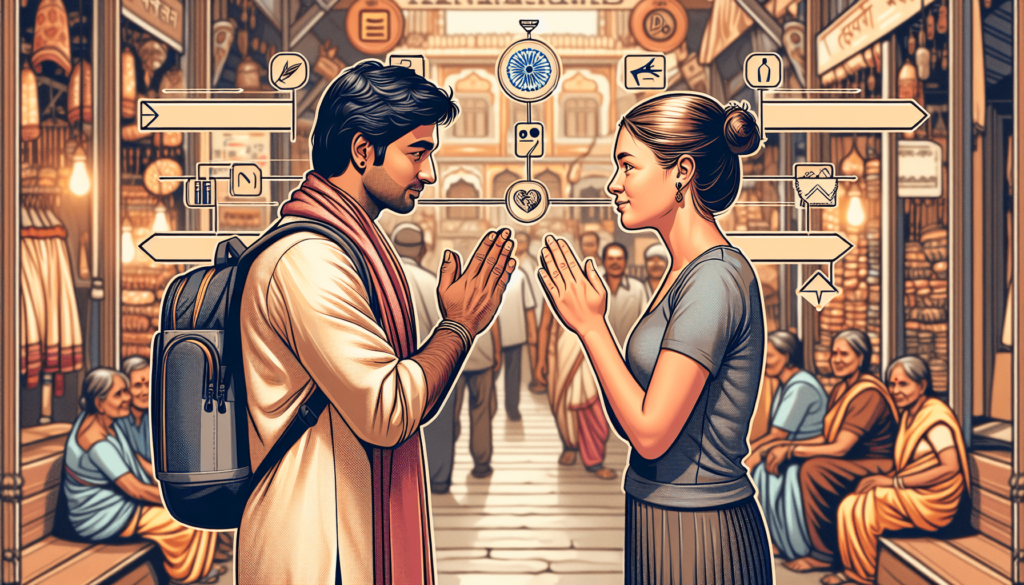
“Tipping”
When traveling to India, understanding tipping etiquette is essential for a smooth experience. While not mandatory, tipping is appreciated in certain situations. Tipping customs vary across regions, so it’s crucial to grasp the practice. In restaurants, a 10% tip is generally expected, and tipping hotel staff, drivers, and tour guides is common. Tip amounts should reflect the level of service received, with slightly higher tips for exceptional service. Note that some places may include service charges in the bill, so check beforehand. Being mindful of tipping customs allows you to show appreciation for service while respecting local culture.
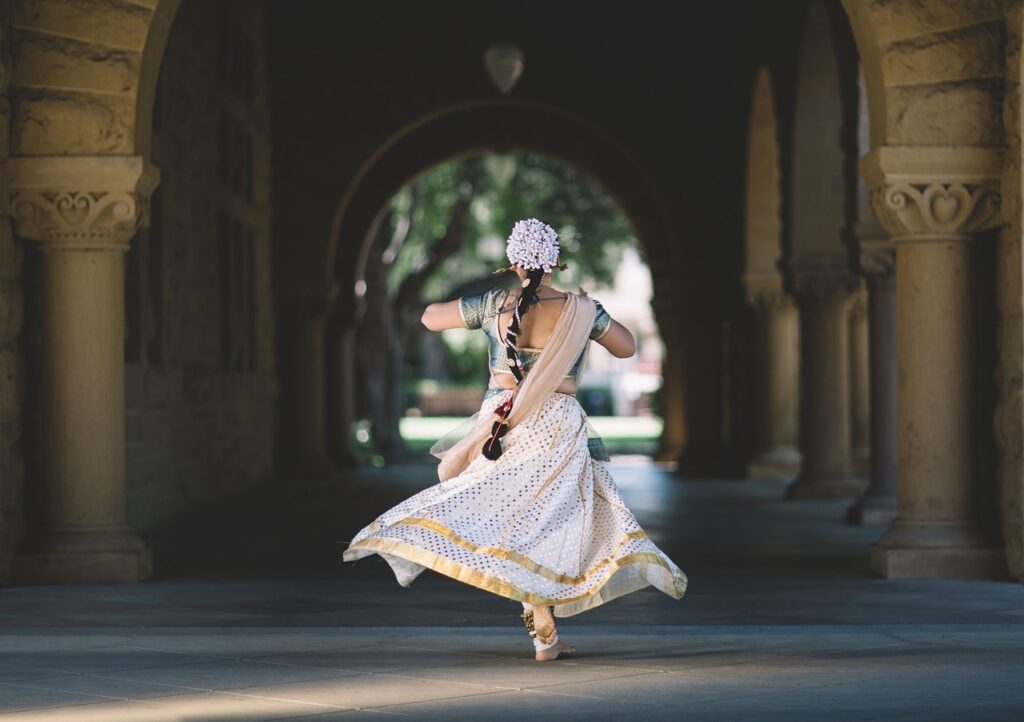
Public Behavior
When traveling to India, it’s important to be mindful of the cultural norms and etiquettes to avoid unintentionally offending locals. In this diverse and vibrant country, public behavior plays a significant role in interaction with the locals. Here are some dos and don’ts to keep in mind:
Queuing
In India, the concept of forming orderly queues may not be as prevalent as in some Western countries. Be prepared for a more chaotic approach to queuing, but remember to remain patient and respectful towards others.
Noise Levels
India is known for its bustling streets and vibrant atmosphere. While noise levels can be high, try to maintain a level of respect by avoiding excessive loudness in public spaces.
Public Displays of Affection
Public displays of affection are not common in India, so it’s advisable to refrain from excessive physical contact with your partner in public.
Avoiding Touching People’s Heads
In Indian culture, touching someone’s head is considered disrespectful. Be mindful of this cultural norm and avoid touching or patting someone’s head.

When traveling to India, it’s important to be aware of the cultural etiquette to ensure a smooth and respectful experience. One key aspect of Indian culture is religion, which plays a significant role in the daily lives of its people. In the “Religious Etiquette” section, you will find tips on how to navigate religious sites, such as temples and mosques, with respect.
Respecting Religious Sites
When visiting religious sites, remember to dress modestly and remove your shoes before entering. Additionally, be mindful of maintaining a quiet and reverent demeanor to show respect for the worshippers.
Removing Shoes and Covering the Head
In many religious sites, it is customary to remove your shoes before entering. Covering your head, especially in temples and gurdwaras, is seen as a sign of respect.
Proper Photography
When taking photographs at religious sites, always ask for permission first, as some places may have restrictions on photography. Be mindful of not disturbing the worshippers or the sanctity of the place.
Observing Rituals
If you witness any religious rituals taking place, maintain a respectful distance and refrain from interfering or disrupting the proceedings. It’s essential to observe quietly and appreciate the traditions.
By following these guidelines, you can immerse yourself in the rich culture and religious practices of India while showing respect for its customs and traditions.
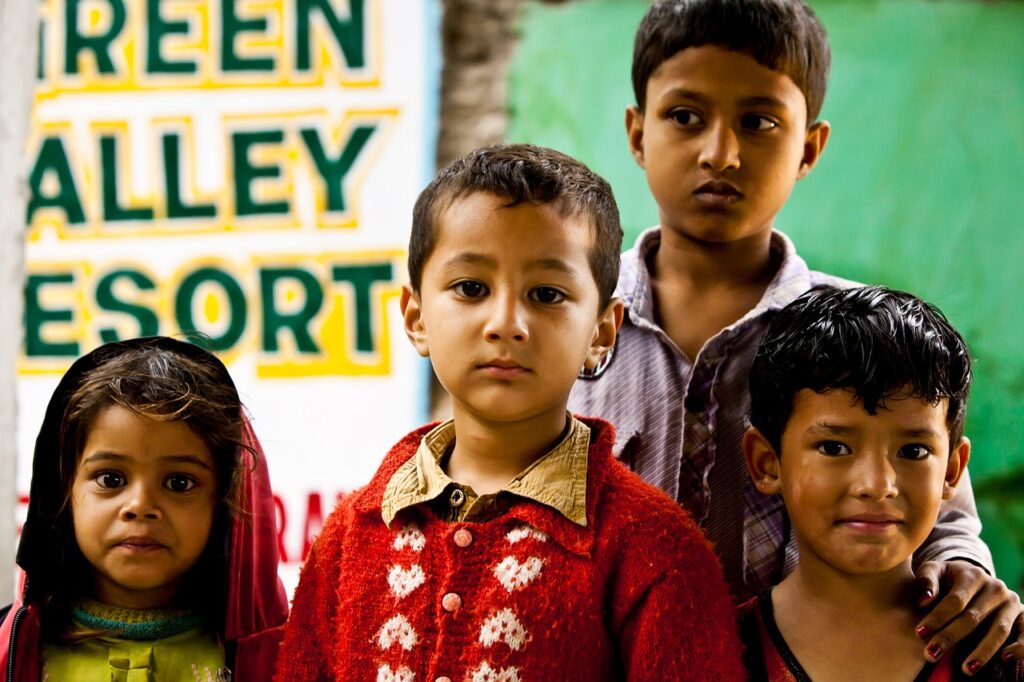
Social Customs
When traveling to India, it is important to be aware of the cultural etiquette to ensure a positive and respectful experience. In this section, we will discuss some key social customs that you should keep in mind during your stay in India.
Accepting Invitations
It is customary to accept invitations from locals, as declining can be seen as rude. When invited to someone’s home, be sure to bring a small gift as a gesture of appreciation.
Removing Shoes in Homes
In Indian culture, it is common practice to remove your shoes when entering someone’s home. This shows respect for the cleanliness of the household.
Gift Giving
When presenting gifts, use your right hand or both hands as a sign of respect. Avoid giving leather items or anything made from cowhide, as cows are sacred in India.
Understanding Hierarchical Relationships
Hierarchical relationships are an important aspect of Indian society. Show respect to elders and those in positions of authority. Be mindful of following social hierarchies in your interactions.
Communication
When traveling to India, it’s essential to be aware of the cultural etiquette surrounding communication to ensure a smooth and respectful experience. Politeness is highly valued in Indian culture, so remember to use polite language when interacting with locals. Additionally, it is considered impolite to touch or pass objects with your left hand, so always use your right hand for gestures and transactions. Bargaining is common in markets, but be sure to do so respectfully and with a smile.
Non-verbal communication, such as nodding or shaking your head, is widely used in India. Be mindful of your body language and facial expressions to avoid any misunderstandings. By learning and following these communication dos and don’ts, you will not only show respect for the local culture but also enhance your overall travel experience in India.
Safety Precautions
When exploring India, ensure your safety with cultural etiquette:
1. Using Reliable Transportation: Opt for licensed taxis or reputable ride-sharing for a secure journey.
2. Avoiding Traveling Alone at Night: Stay in well-lit areas and consider companionship for added security.
3. Protecting Valuables: Secure belongings with a money belt, avoiding displays of valuables.
4. Respecting Local Laws and Customs: Dress modestly, avoid public displays of affection, and seek photo permissions. Prioritizing safety and respecting local norms guarantees a memorable Indian experience.
Gender-Specific Etiquette
When traveling to India, understanding gender-specific etiquette is vital. Women are expected to be reserved and conservative. Dress modestly to avoid unwanted attention and show respect for local customs. Seek guidance if uncomfortable, prioritizing cultural sensitivity. Be mindful of interactions with the opposite gender, as norms may differ. By respecting these guidelines, you ensure a more enjoyable and culturally sensitive travel experience in India.
